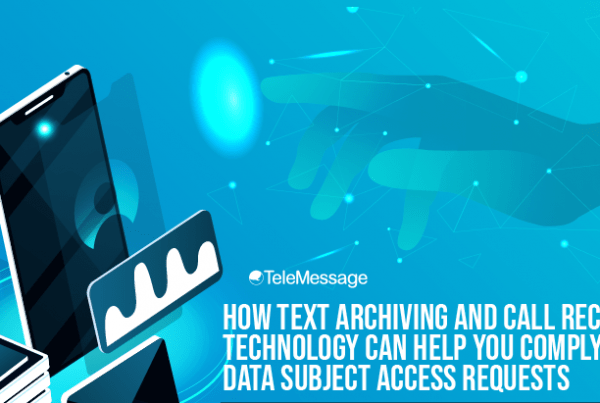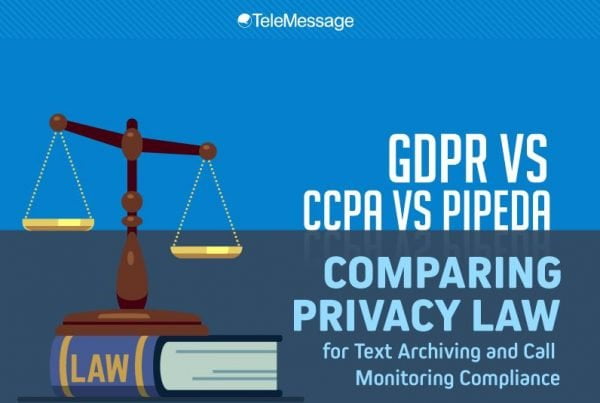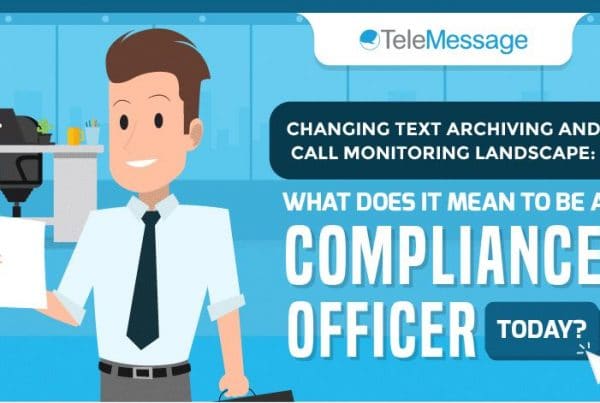The Texas Public Information Act was approved in 1973 following the Sharpstown stock fraud scandal that involved various state officials. This event led to new laws that strengthened the transparency in the government, and now includes more updated requirements that address the changing technological landscape in the Texas government.
Chapter 552 of the Texas Government Code states that the “government is the servant and not the master of the people,” and that “it is the policy of this state that each person is entitled, unless otherwise expressly provided by law, at all times to complete information about the affairs of government and the official acts of public officials and employees.”
The public servants also don’t have the right to decide what is deemed suitable for the public to know and not know, keeping government officials from controlling what their citizens can know. This means that even a single text message of a public official can now be requested under the new law if it contains information that is of public business.
Sheriff
Texan sheriffs fall under the category of Law Enforcement personnel and, according to the act, they must disclose the front page of police reports when requested as they are considered public. Law enforcement information is exempt from disclosing information that relates to an ongoing investigation, especially if the information is communicated internally through mobile SMS.
If releasing information would interfere with the “detection, investigation, or prosecution of crime,” then such data is exempted from the act’s requirements stated in section 552.021. Information that “deals with the detection, investigation, or prosecution of crime only in relation to an investigation that did not result in a conviction or deferred adjudication,” and “relating to a threat against a peace officer or detention officer collected or disseminated under Section 411.048” are also out of the public’s reach.
In summary, if a text message containing relevant information is requested and such release would hinder the investigation of a crime, then it is exempt from disclosure.
Schools
Many school faculty members choose to use mobile SMS to contact their students’ parents since they can connect with them much more comfortably than having to meet them personally. Many people use text messaging to communicate with other people, making it likely that recipients would quickly open up the message and respond to it.
However, some members of the faculty might use text messaging inappropriately like the case of one Texan teacher who sent offensive messages to the student’s mother.
Recording mobile SMS also allows any non-compliant communications to be stored in a server which the authorities can use to investigate and handle the case.
Though all these fall under the Texas Public Information Act, there are exemptions. Information exempted from the requirements of Section 552.021 includes “a transcript from an institution of higher education maintained in the personnel file of a professional public school employee, except that this section does not exempt from disclosure the degree obtained or the curriculum on a transcript in the personnel file of the employee.” A school district may also exempt its employees or former employees from public access to their social security number.
Childcare
The childcare sector benefits from using text messaging when communicating with the parents since text messaging is efficient, convenient, and flexible for both the staff and their clients. The childcare’s staff members can use mobile SMS to send either individual or group text messages to either a group of parents or employees.
Childcare sector staff can use text messaging to alert parents about holiday hours and closings, availability of transportation, notify parents about their sick children, about meetings, and various other matters.
The use of text messaging improves customer experience, especially since it has a high response rate due to both the ease and speed which the parents can reply to. Staffs that use text messaging to communicate with the parents can connect with them on a much higher level as they can customize what their messages convey as to match the profiles of each parents.
When needed, the staff can use archived messages to review the messages they sent and received, including if either the staff members sent questionable messages or if the parents sent negative messages to the childcare staff.
The TeleMessage Mobile Archiver effectively addresses compliance, regulatory, eDiscovery response requirements and reduces risk when complying with the Texas Public Information Act. TeleMessage captures and records mobile content, including SMS, MMS, voice calls, social media, and WhatsApp Chats from corporate or BYOD mobile phones. Messages are securely and reliably retained within TeleMessage servers or forwarded to an archiving data storage vendor of your choice.
Our mobile archiving products securely capture content from mobile carriers and mobile devices for a variety of ownership models (BYOD, CYOD, and employer-issued). With our multiple archiving methods, you can always find the right tools or blend for your text message archiving and voice call recording requirements:
TeleMessage offers cross-carrier and international mobile text and calls archiving for Corporate and BYOD phones. Visit our website today at www.telemessage.com to learn more about how we can help your organization stay compliant with the privacy implications of different text archiving and call recording regulations.




